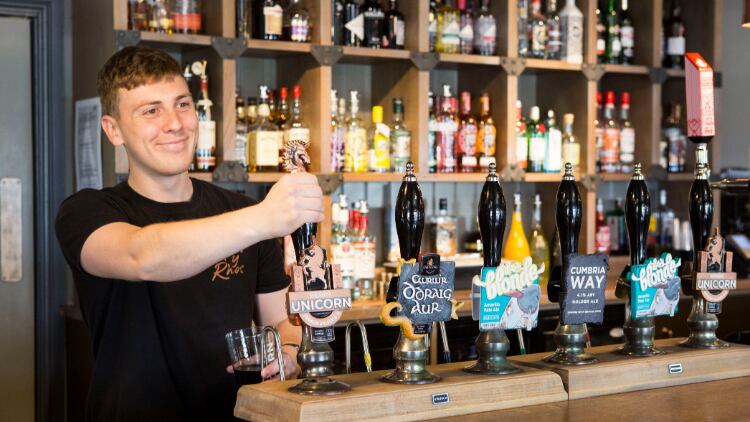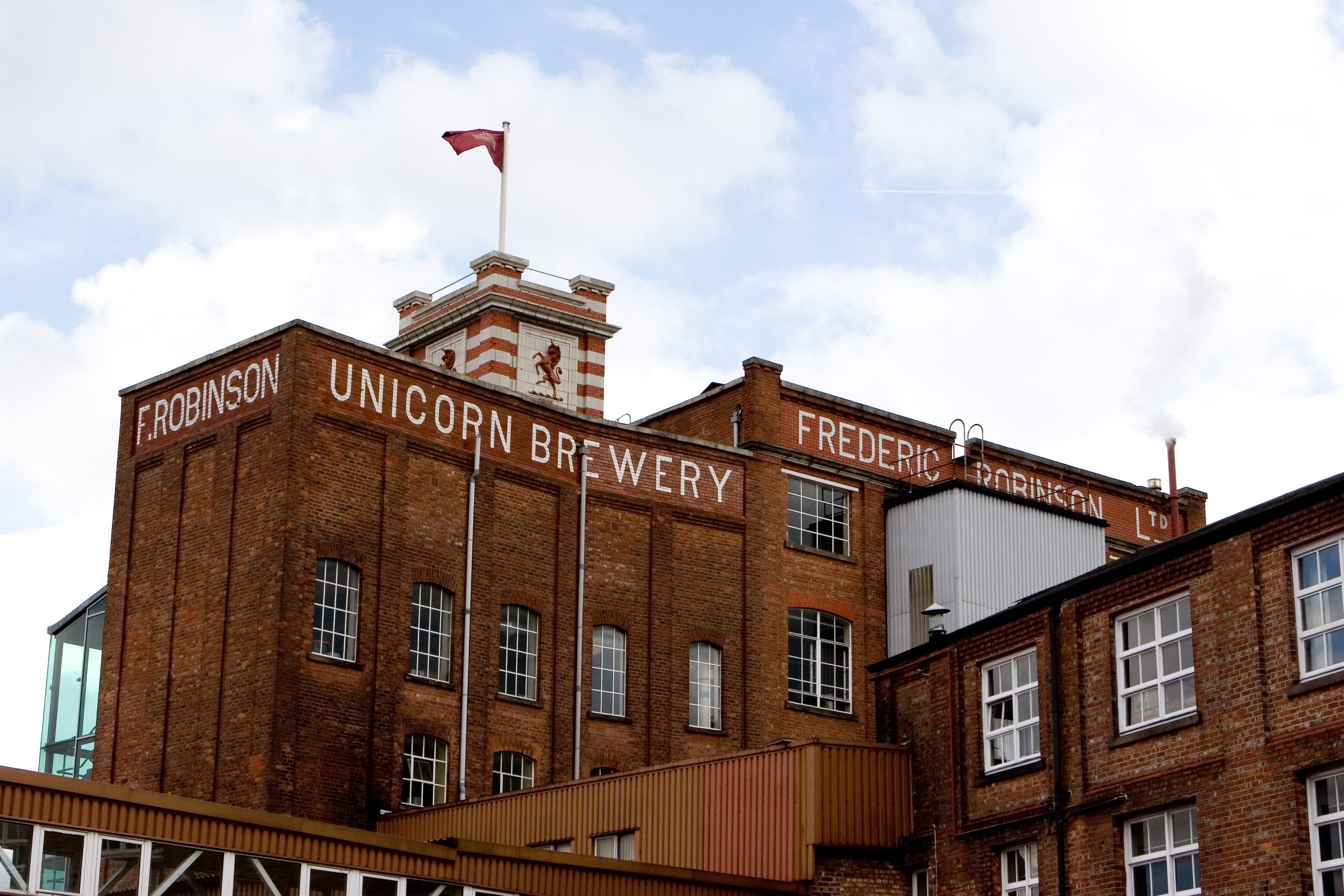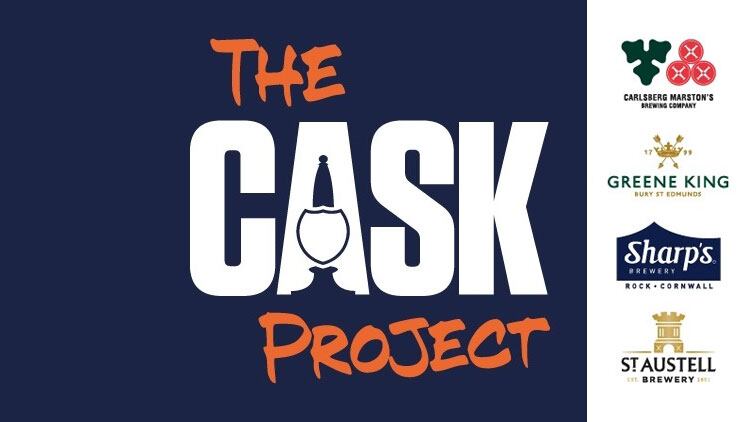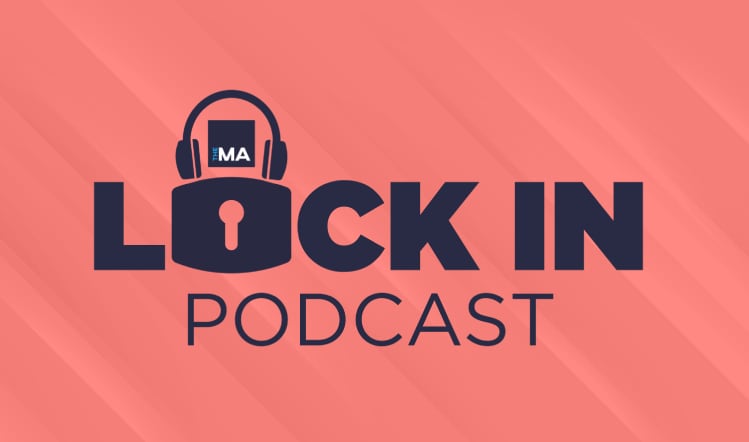Those are the opinions of joint managing director Oliver Robinson and director of marketing David Bremner at the family brewer and pub operator.
Bremner and his team have created a Beer Crew, which is made up of tenants, managers, in-house team members to find out what its pubs want and what its customers want. Its Helles lager, Hopnik Citra IPA and Pitch stout represent recent offerings but evolution in 2024 is needed. An unfiltered lager is being tested now but there is potential to put new brews out through its Craft Ale Club as a “wigig” – when it’s gone, it’s gone – which could see 30 barrels of an innovative beer made in the way Dizzy Blonde came about, which was a seasonal beer.
“We need to find out which one will stick but, at the same time, we’re not going to end up with a portfolio of seven or eight permanent lagers because that’s not going to work for us,” Robinson says. “But it will become more and more important, certainly with our managed estate, and will therefore be a really important part of our sales mix.”

Bremner adds: “If you go back to within the past 10 years, about 40% of our sales would have been what you would call smooth-in-cask beers but post-pandemic and with changing styles that would be below 30%.”
He argues this is still a very big number compared to the rest of the market but with ambitions of reaching 35% of its estate’s drink sales being made up of its own-brewed beer, he knows the next generation of beer drinkers will also be seeking keg beers with flavour and stories behind them.
“We’re conscious that when we get the next generation of beer drinkers coming through, we want them to go to our 260 pubs and we want them to choose a Robinsons beer,” Bremner continues.
“We’ve got to create a range of beers that makes people want to drink them rather than rely on you know, the Unicorns of the world – which remains our biggest selling beer – but it has an ageing population base, many of which didn’t come back to pubs as frequently as they used to, post-pandemic.
“That’s the heart and soul of the cask decline over the past few years.”
One voice chair role
Robinson has just taken over the chair role from SIBA’s Andy Slee at One Voice For Beer, which called for a reduction on tax levels for beer and on pubs.
His work alongside the British Beer & Pub Association, Independent Family Brewers of Britain, Society of Independent Brewers (SIBA) and the Campaign for Real Ale plus other brewers is looking at what can be done differently to promote cask beer.
It’s not just innovation but questions such as how is cask presented currently? What do the pump clips look like? Can this be evolved? How does dispense work? How can this be modernised for the new consumer who is keen on trying some of the new keg beers? And, above all, the quality of cask beer.

Bremner and his team have developed a programme called Best In Glass (BIG). “Unfortunately, cask, at times, gets a bad reputation because it’s either not looked after particularly well or it’s not particularly innovative,” Robinson explains.
“If people have had a bad experience of cask, they assume all cask beers are like that and think there’s more stability and credibility with keg while, in actual fact, cask really is the ‘real’ craft beer.
“If we look at the pricing of cask versus keg, it should be reversed because there is a real skill and craft involved in looking after it and making sure it is consumed within three days when it’s really fresh.
“When I used to come around the brewery as a child, I used to stand next to hogsheads (66 gallons/300 litres) in the brewery yard. Then it was barrels (36 gallons/160 litres), then it was kirins (11 gallons/50 litres) now it’s firkins (9 gallons/40 litres) and now we’re talking about pins (4.5 gallons/20 litres) so we can see how much the cask category has changed.
“So what can we do as a family brewer, and a company that’s behind the future of cask, do to support it as a category? We can do all we can and spend as much as we want in our own pub estate but if somebody has a bad experience outside our pubs, what do we do? This is why we’ve got all these other bodies involved to push cask as an industry.
Better quality equals better sales
Bremner interjects: “One of the main signs of a good pub is a good pint of cask beer and the results we’ve got out of the BIG programme, which is an unannounced audit we do from our in-house cellar quality team and 88 of our pubs scored more than 90%.
“The pubs that perform best in our estate sell 6% more beer than those in the control group that and that’s 6,000 pints of beer a year – 2,000 pints of which are cask beer. There is a line between pubs that keep the best beer, pubs that sell the most beer and, therefore, sell the most cask beer so it is a programme that just pays for itself.”
Bremner explains a beer like Carling would sell for roughly the same price across a town while cask pricing would be either really cheap or really expensive with no consistency to it. “There’s got to be an ambition for us all to be charging the same price for a cask beer as the equivalent ABV in a lager or to get close to it,” Bremner argues.
“I know it varies greatly, regionally, but, in the north-west, we would be at, say, £4.30 for Carling and £3.70 for cask – there’s just no logic to that and it doesn’t help drive the category. Licensees therefore make less margin and don’t want to list it or look after it. Therefore, it drives down brewery volume.
“The answer is to make it a profitable category. We’re doing quite a lot of work on that. We’ve got 27 managed pubs now so we can lead by example there and start pushing prices up there and use that to inform our talented licensees that it really helps drive volume.”
Robinsons adds: “One of the reasons why people start to move out of cask beer is the margin isn’t there. It’s not there for the brewer, the licensee or the manager – but it is there on kegged beer. We make more money out of kegged beer than we do out of cask so where’s the incentive for us to grow our cask range, if I can make more money by growing our kegged range?
“The consumer is so used to paying lower prices that we’ve got to get our pricing in cask beer up so brewers, licensees and managers can make decent margin out of it. Otherwise, cask will disappear but we can only do that with really wonderfully brewed beer looked after brilliantly by the people who run our pubs.”
Click here to see a video interview and feature with Oliver Robinson and David Bremner and click here to read about Robinsons Brewery’s rewarding pubs that have passed quality audits.




